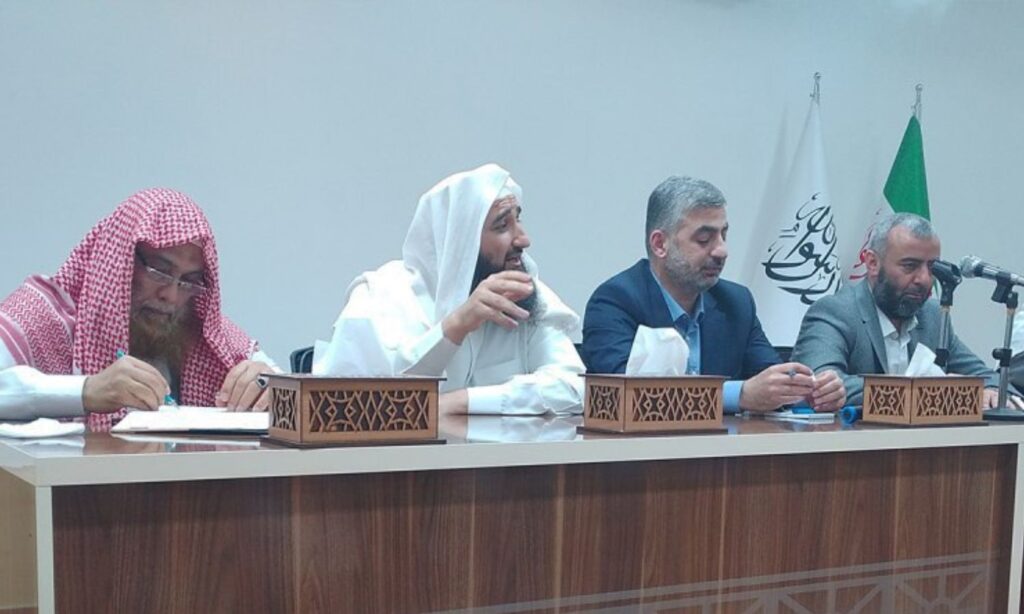Hayat Tahrir al-Sham (HTS), the military authority in Idlib, announced the formation of a high committee for the Board of Grievances, consisting of three individuals.
According to the decision issued on Thursday, June 27, the committee is composed of Ali Keda as the head, Ibrahim Shasho as a member, and Hussein al-Salama as a member.
The Board of Grievances aims to enhance justice and protect individual rights in the region. It is considered a primary entity to ensure transparency and integrity in dealings between governmental institutions and residents, as stated in the decision.
Ali Abdul Rahman Keda served as the head of the Syrian Salvation Government (SSG), the political umbrella of Tahrir al-Sham, for four years from 2019 until January 2024.
Ibrahim Shasho served as the Minister of Justice in the Salvation Government in 2017, and later as the Minister of Endowments, Guidance, and Counseling, before being succeeded by Hussam Haj Hussein in the fourth government formation in December 2020.
Shasho worked as a professor in the Sharia College of Aleppo University and served as the Dean of the College of Law and Sharia at the Free Idlib University.
The formation of the Board of Grievances follows the outcomes of a meeting held on March 12, which brought together Tahrir al-Sham leader, Abu Mohammad al-Jolani, with military, civil officials, and figures from the Salvation Government and the Shura Council.
The key outcomes included restructuring the General Security Service within the Ministry of Interior in the Salvation Government and forming a higher advisory council composed of influential and expert individuals to consider public policies and strategic decisions in the region.
Other outcomes included calling for elections for the General Shura (Consultative) Council in the region, forming the Board of Grievances and Accountability, establishing a higher oversight body, reviewing economic policies, combating corruption, preventing monopolies, and activating the role of local councils and professional unions.
The formation of the Board of Grievances coincides with the end of a deadline given by a preacher, Abdul Razzaq al-Mahdi, who formed a committee on June 23 to visit prisons and solitary cells under Tahrir al-Sham, following complaints and legal violations in some of these prisons.
For months, there have been peaceful popular protests in various areas of Idlib and its countryside and Aleppo countryside, demanding the overthrow of al-Jolani, the clearing of prisons in the region, and the release of detainees.
The HTS and the Salvation Government have made several promises and reforms, including a conditional general amnesty with exceptions, forming committees to listen to residents, canceling building fees, and partially exempting others under certain conditions. Yet, this has not prevented demonstrations.
Protesters considered these reforms “superficial” and not meeting their demands, seeing them as a way to circumvent the primary demand.











